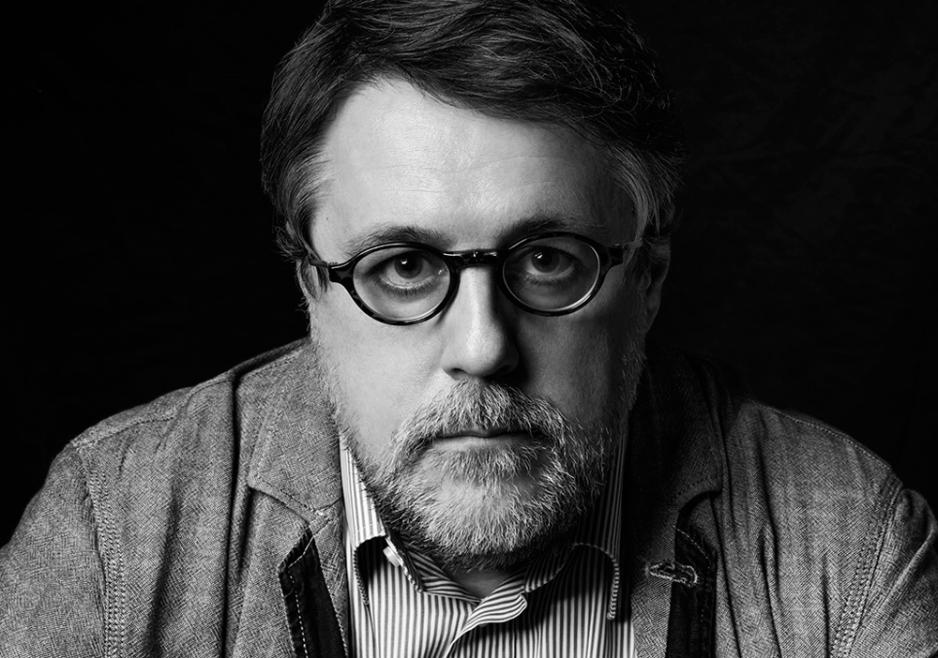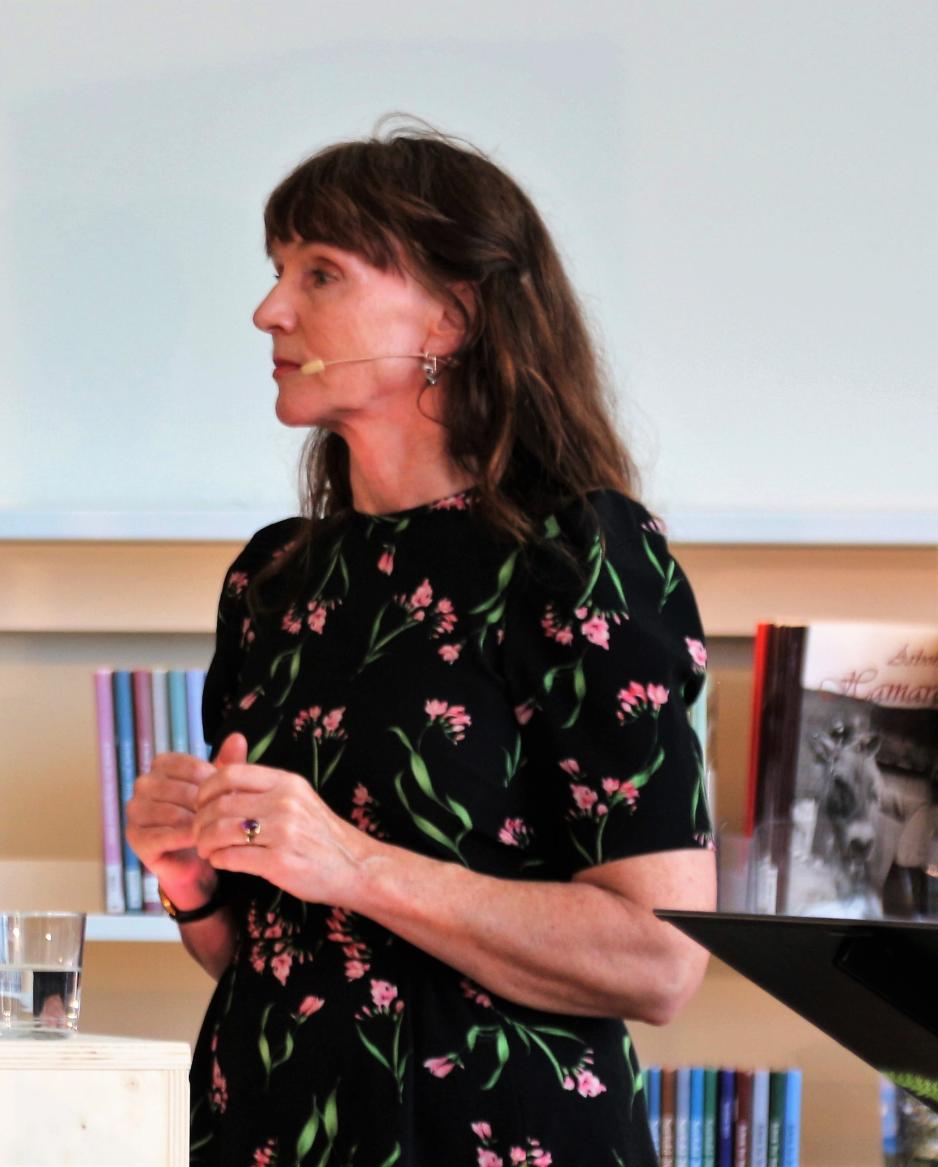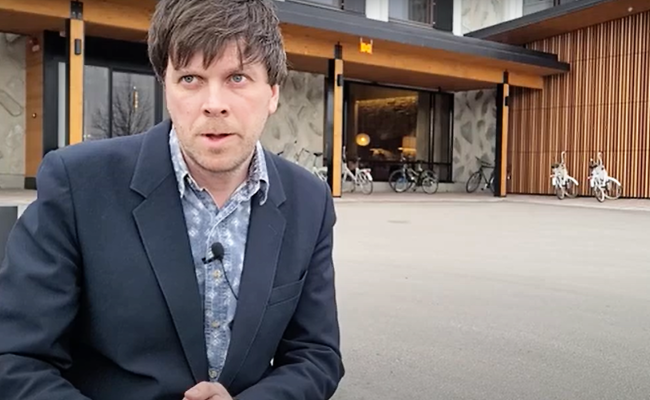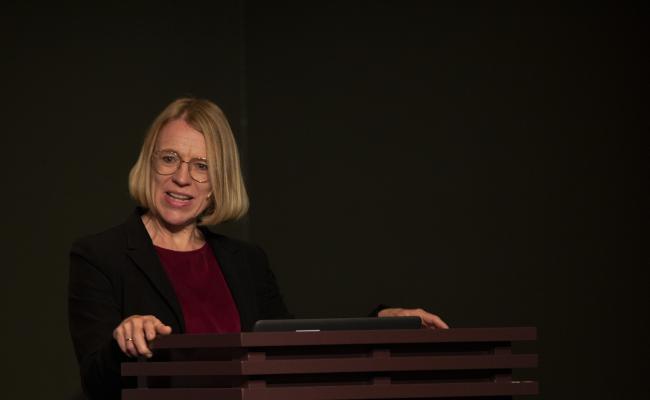Award-Winning Film Director to Bodø With Documentary About Putin's Inner Circle

The Russian director Vitalij Manskij was the chief of documentaries in the Russian state channel when Putin first came to presidential power on New Year's Eve of 1999 and got closer to Putin than any filmmaker will ever do again. (Photo: Liza Kuznetsova)
Vitalij Manskij is one of Russia's best-known documentary film makers. On Sunday, he is in Bodø, Northern Norway to show his film portraying how Vladimir Putin became president.
On New Year's Eve of 1999, Russia's President Boris Jeltsin surprised the world when he announced his resignation and left the office to the country's newly appointed Prime Minister, the then 47-year-old Vladimir Putin. The transition required Putin to step into the role of acting president until a special election three months later.
However, Putin refrained from the usual campaigning with TV commercials and debates. Instead, his team hired filmmaker Vitalij Manskij to follow Putin on his way to office in a TV documentary.
In 2018, Manskij retrieved the partly intimate recordings he made of Putin's inner circle during the year 2000, to give people a new perspective on the Russian leader who has played a crucial role in global politics ever since. Manskijs documentary gives the viewer a unique insight into the events that made it possible for Putin to come to power in Russia.
A warning
Manskij turns the attention toward Putin's inner circle at the time. Many of these would later join his opposition. The documentary is a time capsule and is considered an important historical insight, but it is also a warning. The film tells the story of Putin from when he took over as president in 1999 and contains unique footage.
The documentary was named "Putin's Witnesses" and Manskij is coming to Bodø in Northern Norway this weekend to show the film portrait of the Russian president.
"We are very proud that Manskij is coming to Bodø. It is a unique opportunity to gain insight into why it has gone so wrong in Russia," says the deputy leader of Barents Press Norway, Anki Gerhardsen, in a press release.
Barents Press is a journalist network in the Barents region and it is the Northern Norway department that has invited the filmmaker to Bodø.
From having worked in the propaganda apparatus, Manskij has been critical of Putin for many years now. In 2014, the Ukrainian-born director moved from Russia to Latvia. There he organizes the documentary film festival Artdocfest.
Deep-dive into the Russian
Manskij's visit is a part of the event Hva er det med Russland? (What is it about Russia?) which takes place from the 2nd to the 4th of December in cooperation with Bodø film club.
The event is free and is aimed at everyone who wants to know more about Russia and why our neighboring country has developed in an increasingly authoritarian direction, says Gerhardsen.
"We start with Russian film artists' analysis of their own home country, but we also invite to an author's forum and a concert."
Author's forum and concert
On Saturday, the authors of the new book A European Tragedy will have an author's forum at the local Picadilly Pub. The book is about how the West and Russia became enemies, but also how they can find together again. The book is written by Russian Leonid Ragozin and the Norwegian journalist Sten Inge Jørgensen.
In the evening, there will be a concert with the Ukraine Classics Quartet and they will speak about their situation in Beddingen Culture House. The four Ukrainian musicians came to Norway after their home country was invaded by Russia and live in Bodø today.
Gerhardsen hopes many from Bodø want to come.
"The aim is for the films and the conversations to give the audience a deeper insight into today's very authoritarian Russia and a civil society under great pressure," says Gerhardsen.
Also read
This article was originally published in Norwegian and has been translated by Birgitte Annie Molid Martinussen.




